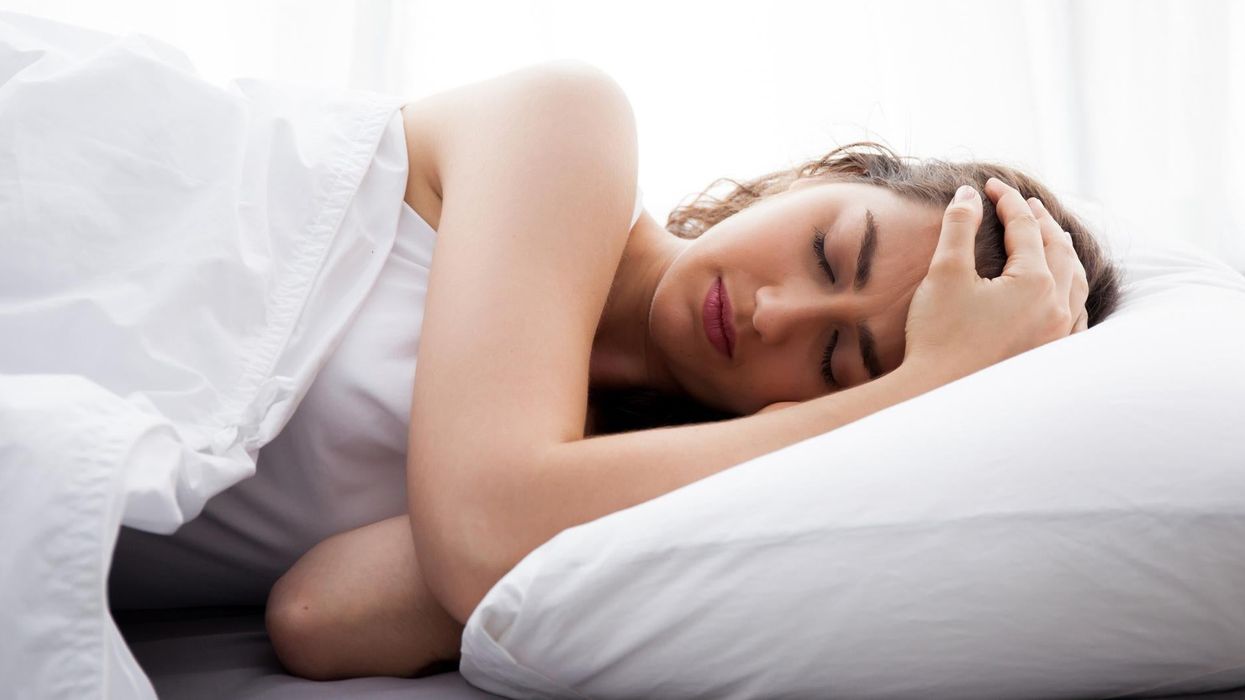Viral
Darin Graham
Jan 04, 2018

Picture:
Getty Images/iStockphoto
There are a number of common signs of depression that sometimes go unnoticed.
On some occasions, we fail to recognise warning signs and it takes a family member or a friend to point them out.
Feeling down, sudden weight-loss or weight gain, restlessness, guilt and hopelessness are fairly well known symptoms linked to depression.
Although headaches are often attributed to stress, dehydration and diet - they may also signal anxiety, depression or insomnia.
Sleep researcher Dr Maurice Ohayon from Stanford University and his team found that regular chronic morning headaches are a good indication of an anxiety disorder or depression.
The sleep experts studied more than 19,000 people in Europe and claim that people who have depression or an anxiety disorder are twice as likely to wake up with a headache.
Dr Ohayon said:
Morning headache affects one individual in 13 in the general population.
Chronic morning headaches are a good indicator of major depressive disorders and insomnia disorders.
Contrary to what was previously suggested, however, they are not specific to sleep-related breathing disorder.
The study notes however that alcohol, sleep disorders and blood pressure problems are also linked to chronic headaches.
A link was found between those that drink at least six alcoholic drinks a day and morning headaches and also with those that suffer from sleep disorders like restless leg syndrome and periodic limb movement disorder.
However, Dr Richard Lipton, a professor of neurology at the Albert Einstein College of Medicine said that the link between depression and non-migraine headaches like cluster headaches isn't a two-way street.
He said in Everyday Health:
Severe non-migraine headaches clearly increase your risk for depression, but depression doesn’t increase your risk for non-migraine headache.
Cluster headaches
A cluster headache is a rare painful headache that is usually one-sided and occurs around the eye and is described as a sharp or piercing pain. There is some research that links cluster headaches to depression and anxiety.
In a study, published in Neurology, out of 21 people who experienced episodic cluster headaches, 23.8 per cent had an anxiety disorder.
And in a further study in Cephalalgia of over 600 people with cluster headaches, it was found that patients had an increased risk of depression.
HT Spring
If you are feeling vulnerable, upset or depressed there is always someone available to talk and help.
You can contact the Samaritans 24-hours a day for free via their website or phone line 116123
If you're LGBTQI and in need of someone to talk to, Switchboard LGBT offer advice and help every day from 10am to 10pm on their website and on 0300 330 0630
Alternatively, if you suspect a young person might need help, you can call Childline for help and advice on 0800 111
More: These are the mental health symptoms you should never ignore
Top 100
The Conversation (0)













